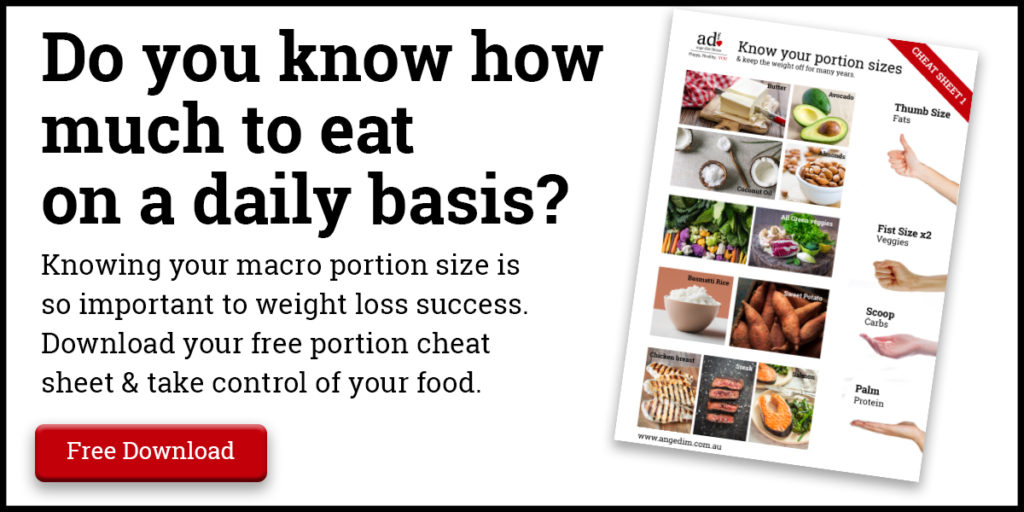Ketosis is a tough diet to follow, yet extremely rewarding for those with a chronic disease or disorders.
Keto has become so popular for many years, and a lot of people are finding that the diet is very successful for fast weight loss . It’s when you continue to follow on with the strategies that things can get a little tough. It doesn’t help if you are finding different sound bites of information confusing. In fact, there could be some very significant mistakes, hindering your progress.
7 Keto diet mistakes hindering your weight-loss progression
- Not eating enough fat. On the Keto diet, 60–80% of your food needs to come from healthy fats. These can be from avocado, nuts, olive oil, salmon, butter, animal fats and coconut oil. Dairy is allowed on the diet, such as heavy cream, but milk is not keto approved. These fats can be added to your food when cooking, in salads as a dressing, or in some kind of keto dessert (such as avocado mousse).
- Forgetting to track your carbs. On keto, we want to get your body to become metabolically flexible and burn fat stores instead of glucose (from the carbs you eat). Your body does this by converting fats to ketones – referred to as ketosis. In order to burn ketones, carbs need to be cut down to a very small number. It’s very easy to become unaware with the amount of carbs you are eating. Therefore, tracking your levels of on a daily stop you from undermine your efforts. You can do this by downloading various apps like my MyFitnessPal or even track it down yourself in notebook. The average daily goal of carbs is 20g. You can minus the carbs found in fiber.
- Eating too much protein. The keto diet for nutritional ketosis is 20 percent protein, 5 percent carbs and 75 percent fat. Eating too much protein can in fact, prevent ketosis by turning some of it’s amino acids to glucose via gluconeogenesis. This can create high blood sugar levels and large amounts of insulin being released. This is counteracting the purpose of omitting carbs and sugar from your diet in the first place. Watch your protein levels, and track them along with your fats if you need to.
- Not spending the time to meal prep. Planning ahead with any weight loss program is very important. Eating out may be a challenge, but having a meal or snacks prepared beforehand stops any temptation staring you in the face. Plan your meals out carefully, and decide what you need to buy. Have everything on hand to make it easy and stress free. If you can spend half a morning on your day off preparing meals and snacks, then do so as often as possible.
- Vegetable choice is very important. A lot of veggies are high in carbs, and are not suitable when on the keto diet. Some of these are corn, white potatoes, peas, carrots and sweet potatoes. Your best bets for regular consumption are asparagus, leafy greens, brussels sprouts and zucchini. Don’t panic at the fact you have to eat a lot less veggies than other regular diets. This is a crucial step in order to hit the ketosis button. Eating a high number of veggies does in fact add up your carb quota for the day. Learn to create versatile recipes using the veggies that you can will help you move over that hurdle.
- The overuse of artificial sweeteners. Please be aware that artificial sugars still create an insulin spike. They also increase your cravings for sweet foods. Don’t get sucked into food manufacturers marketing ploy by eating bars, shakes and supplements, insisting their items are keto friendly. This is just a fallacy, and will only hinder your results. Stick with eating whole foods, prepping your own meals and leave the supermarket giants to their devices.
- Not reaching your water quota. Drinking water is important, no matter what diet you are on. On keto, you can expect to urinate a lot, and dehydration can easily be prevented with regular water consumption. If you train, make sure you are drinking even more to fuel your workouts.
It’s not easy being on the keto diet plan, but it is extremely rewarding and can help to heal a lot of health issues. If you are concerned, please see your health practitioner or a certified dietitian that specialists in ketosis nutrition.

